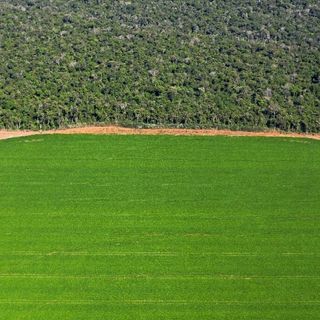After an overnight rescue operation, the Sri Lankan navy and coastguard, along with a group of locals, managed to rescue 120 pilot whales stranded in the country’s biggest ever mass beaching.
Beaching is a phenomenon of whales or dolphins stranding themselves on land, usually a beach, and eventually dying due to dehydration, collapsing under their own weight, or drowning when high tide covers their blowhole. In the present instance, a school of over 120 short-finned pilot whales had washed ashore at Panadura, 25 kilometres south of Colombo yesterday afternoon.
“We used our small inshore patrol craft to pull the whales one by one back into deeper waters. Sadly, two whales have died of the injuries sustained when they beached,” Indika de Silva, the navy spokesperson, said in a statement.
“It is very unusual for such a large number to reach our shores. We think this is similar to the mass stranding in Tasmania in September,” Dharshani Lahandapura, chief of Sri Lanka’s Marine Environment Protection Authority (MEPA), which was involved in the rescue operations, told reporters. The Tasmanian beaching incident last month was one of the world’s largest stranding events involving 470 pilot whales, of which rescuers could save only around 110.
Related on The Swaddle:
Whales, Dolphins Could Become Extinct ‘Within Our Lifetimes,’ Scientists Warn
The locals were equally confused. “I was fishing when I saw a dark patch and about 100 came ashore. We’ve pushed as many as we can back to sea. I don’t know why this has happened. It’s never happened before. This is the first time I’ve seen it,” Upul Ranjith, a fisherman in the region, told Deccan Herald.
Despite studying the phenomenon of mass beaching for decades, scientists have still not been able to successfully ascertain the cause behind it. However, they have been able to develop a number of theories. Experts have hypothesized that mass beaching could be a result of a school of whales following prey towards shores while hunting. Another theory is that because pilot whales move in groups, an individual whale could mistakenly lead them to the shores — especially if its sonar fails to detect the shoreline in shallow waters.
Praising the locals who volunteered for the rescue operations, Sri Lankan marine biologist, Dr. Asha de Vos told Sri Lanka Mirror: “These people cared less about their own safety in the crashing surf than the safety of these animals in a very difficult time in our planet’s history.”




